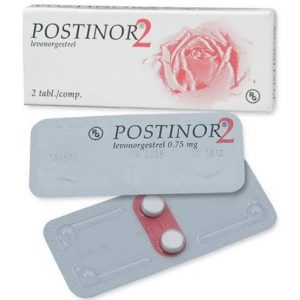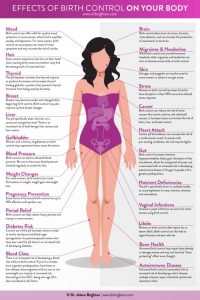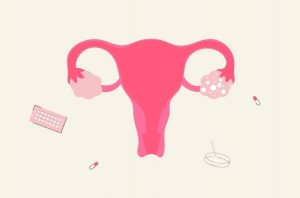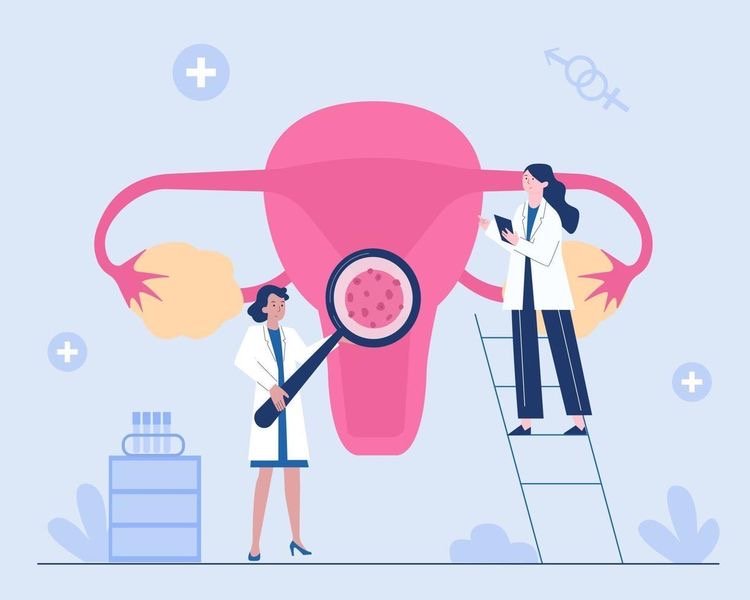Sexual intimacy between two consenting adults is a pleasurable act, but it comes with significant risks. Unplanned pregnancies and the transmission of sexually transmitted diseases (STDs) are potential consequences of unprotected sex.

While medical practitioners always advise using protection, some individuals remain obstinate and rely on contraceptives as their ‘Plan B.’ Contraceptives can be effective when used responsibly and in emergencies, but their misuse and overuse can have adverse effects on the user’s biological system, especially in women. A popular example of this is Postinor2.






In this article, we will delve into the ten harmful effects of contraceptives that individuals should consider before relying solely on them as a contraceptive method.
- Hormonal Imbalance: Contraceptives that contain hormones, such as birth control pills, patches, and injections, can disrupt the body’s natural hormonal balance. Prolonged use may lead to irregular menstrual cycles, mood swings, and changes in libido.
- Weight Fluctuations: Some individuals may experience weight gain or loss as a side effect of hormonal contraceptives. These fluctuations can impact one’s overall physical and emotional well-being.
- Blood Clots: Hormonal contraceptives can increase the risk of blood clot formation. Women who smoke, are overweight, or have a history of blood clotting disorders may be at a higher risk.



- Cardiovascular Issues: Long-term use of hormonal contraceptives may lead to cardiovascular problems, including an increased risk of heart attacks and strokes.
- Reduced Fertility: Extended use of certain contraceptives, especially intrauterine devices (IUDs), may lead to temporary infertility once they are removed. This can be a concern for women who plan to conceive in the future.
- Vaginal Irritation and Infections: Condoms and diaphragms, when not used correctly, can cause vaginal irritation and increase the risk of infections.
- Ectopic Pregnancies: While contraceptives are effective at preventing pregnancies, there is still a small chance of an ectopic pregnancy, where the fertilized egg implants outside the uterus. This condition can be life-threatening if not detected and treated promptly.
- Impact on Bone Density: Prolonged use of certain hormonal contraceptives may lead to decreased bone density, potentially increasing the risk of osteoporosis in later years.
- Allergic Reactions: Some individuals may experience allergic reactions to the materials used in condoms, diaphragms, or other barrier methods.
- Psychological Effects: Contraceptives, particularly hormonal ones, can affect a person’s emotional state, leading to mood swings, depression, or anxiety in some cases.



Contraceptives can be a reliable means of preventing unwanted pregnancies and STDs, but they should be used responsibly and in moderation. It’s crucial for individuals to be aware of the potential harmful effects associated with contraceptive use, especially when they rely on them as a primary method of protection. Consulting with a medical professional before choosing a contraceptive method can help individuals make informed decisions based on their unique health needs and circumstances. Remember, the key to a safe and pleasurable sexual experience lies in being informed, responsible, and proactive about one’s sexual health.



Leave a Reply